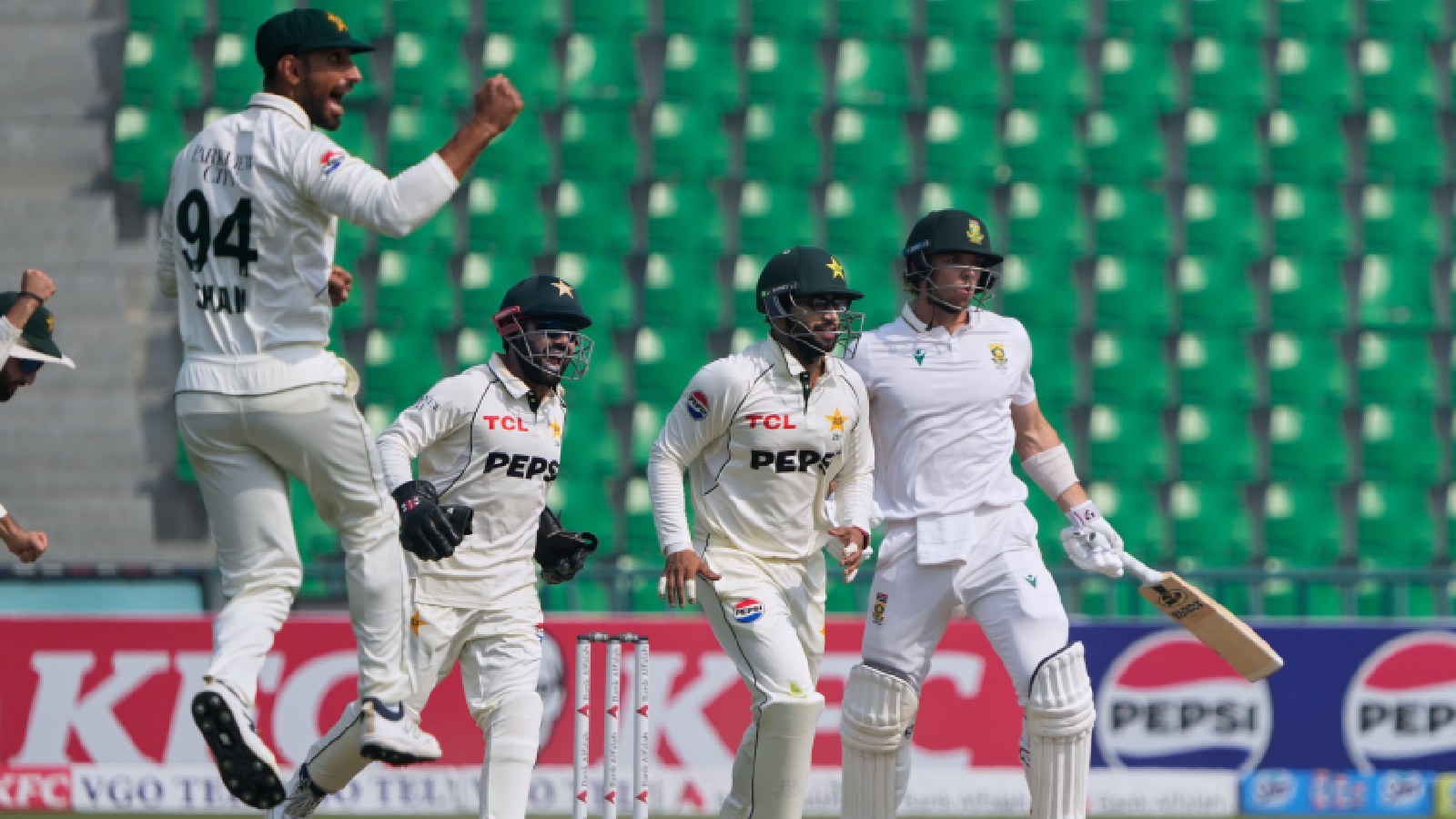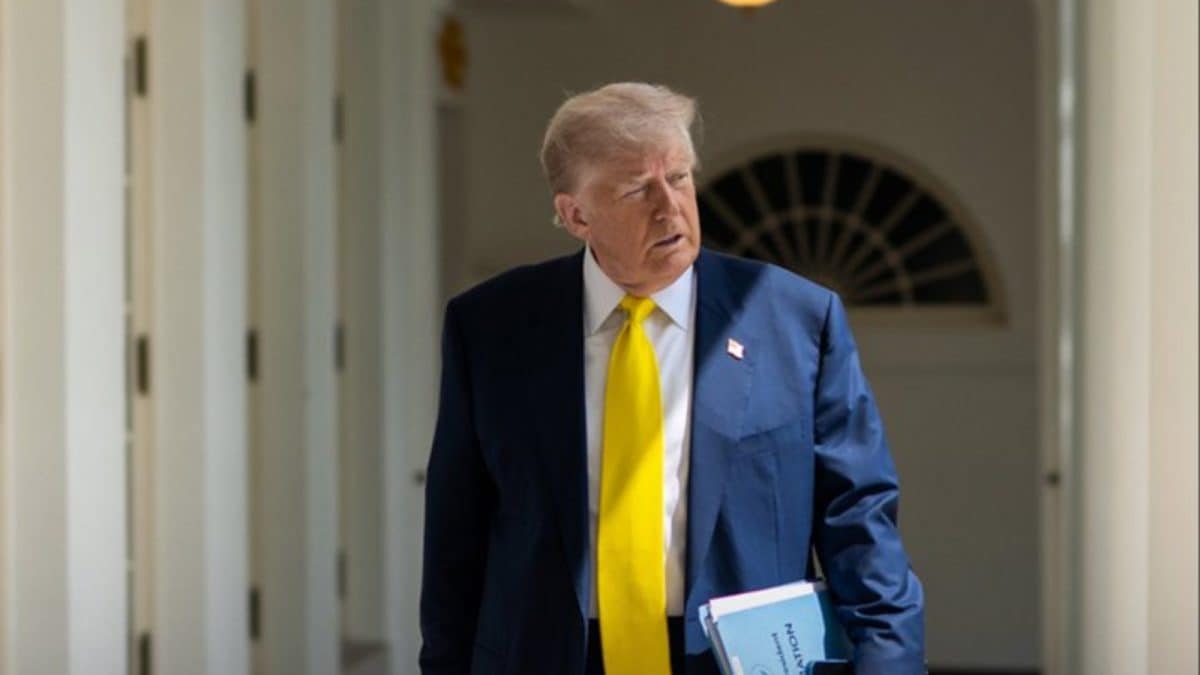The Centre informed the Supreme Court on Monday (October 27, 2025) that vacancies in the Central Information Commission (CIC), which has no Chief Information Commissioner and is down to just two Information Commissioners out of a total sanctioned strength of 10, will be filled in “two or three” weeks.

Appearing before a Bench headed by Justice Surya Kant, Additional Solicitor General K.M. Nataraj said the shortlisted names of candidates had been forwarded to the high-profile selection committee of the Prime Minister, Leader of the Opposition and a nominee of the government.
However, petitioners, represented by advocate Prashant Bhushan, countered that there is a complete information blackout on the appointment process to the Central Information Commission, and “names are air-dropped without any transparency”.

Mr. Bhushan, appearing for Anjali Bhardwaj, Commodore Lokesh Batra (retd.) and Amrita Johri, said it was an irony that the appointments to the very apex body under the Right to Information (RTI) Act were shrouded in opacity while pendency was touching 30,000.
He said pendency was skyrocketing in the commission. Even the Chief Information Commissioner had retired. Nothing had been done since the last order of the Supreme Court 10 months ago, directing the government to fill the vacancies. He said the government was applying the slow-choke to RTI.

“The best way to kill the RTI is to not make any appointments… If they do make appointments, they select persons out of the blue. Names are just air-dropped. There is no information on who is being appointed,” Mr. Bhushan, along with advocates Rahul Gupta and Cheryl D’souza, submitted.
Mr. Nataraj said the petitioners could not decide the suitability of the candidates, and their eligibility was decided by the RTI Act. He said the petitioners ought to wait till the appointments were actually made before complaining.
“So, this is like saying let the murder happen first and then you can raise your voice against it. The names of candidates who have applied for the posts of Information Commissioners have to be made public,” Mr. Bhushan contended.
He referred to a Supreme Court order of January 7, which had required the Centre to disclose “the members of the search committee and the list of candidates who have applied”.
“The government has to make public the members of the search committee and the candidates who have applied. This has to be done before the appointments are made. The shortlisting criteria have also not been provided and the shortlisted candidates are also not known,” Mr. Bhushan pointed out.
He said those who had not applied ought not to be considered for the commission. However, Justice Kant indicated that certain very eminent persons might not even apply, leaving the government no choice but to proactively include their names in public interest.
Mr. Bhushan said the situation in several State Information Commissions was also alarming — the Jharkhand and Himachal Pradesh information Commissions were “defunct”. He submitted that Chhattisgarh was functioning with a single commissioner despite pendency of nearly 35,000 appeals/complaints.
The court directed States to complete the selection process for Information Commissioners to their State Information Commissions in three weeks and submit reports. States have also been asked to consider sanctioning more posts of Information Commissioners due to the large pendencies. They have been asked to submit status reports on the latest sanctioned strength of Information Commissioners, the status of selection process and the pendency rate.
The case was listed for further hearing on November 17.

 22 hours ago
5
22 hours ago
5







 English (US) ·
English (US) ·